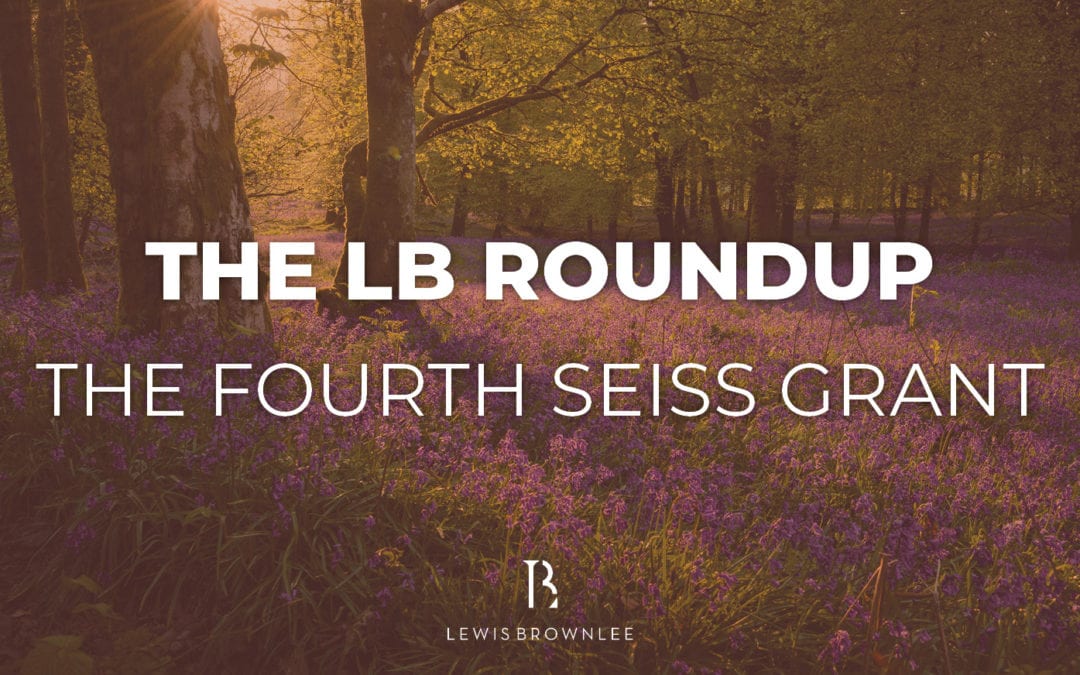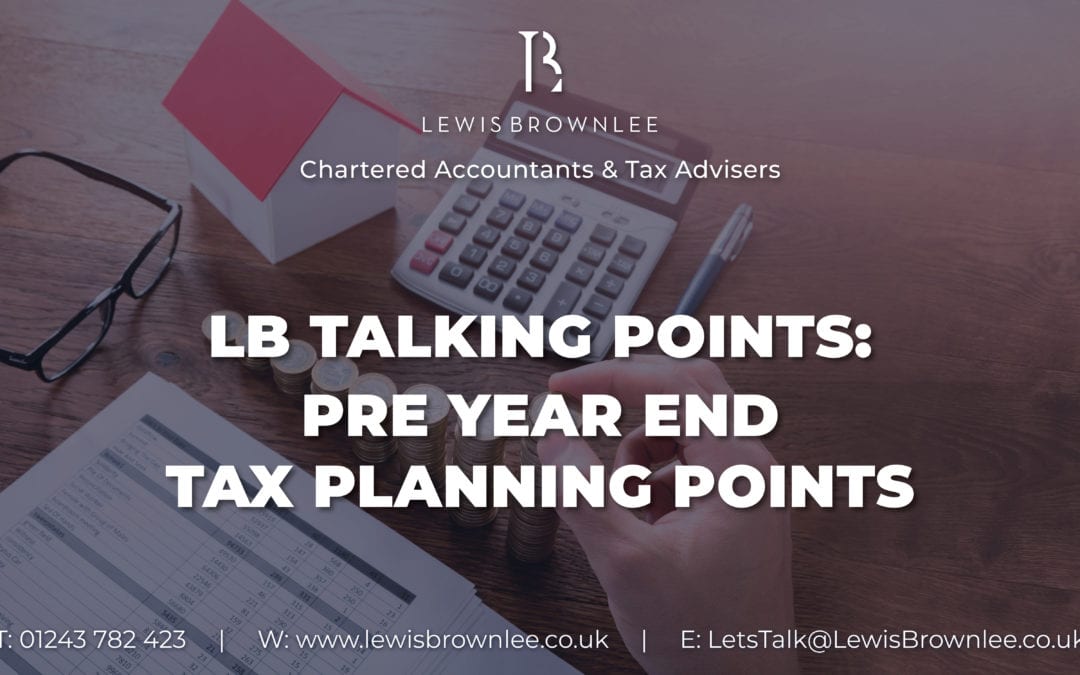
The fifth SEISS Grant
The fifth SEISS Grant
Claims for the fourth SEISS grant have now closed, as the last date for making a claim was 1 June 2021. However, a fifth grant covering May 2021 to September 2021 will be open to claims from late July 2021.
The grant is taxable and will be paid out in a single instalment. Guidance for claiming the grant will be available by the end of June 2021.
To be eligible for the grant you must be a self-employed individual or a member of a partnership.
You must have traded in the tax years:
- 2019 to 2020 and submitted your tax return on or before 2 March 2021
- 2020 to 2021
You must either:
- be currently trading but are impacted by reduced demand due to coronavirus
- have been trading but are temporarily unable to do so due to coronavirus
To work out your eligibility for the fifth grant, HMRC will first look at your 2019 to 2020 Self-Assessment tax return. Your trading profits must be no more than £50,000 and at least equal to your non-trading income.
If you’re not eligible based on your 2019 to 2020 tax return, HMRC will then look at the tax years 2016 to 2017, 2017 to 2018, 2018 to 2019 and 2019 to 2020.
You must declare that:
- you intend to continue to trade
- you reasonably believe there will be a significant reduction in your trading profits due to reduced business activity, capacity, demand or inability to trade due to coronavirus from May 2021 to September 2021
You must keep evidence that shows how your business has been impacted by coronavirus resulting in less business activity than otherwise expected.
How the fifth grant works
The amount of the fifth grant will be determined by how much your turnover has been reduced in the year April 2020 to April 2021. HMRC provide more information and support by the end of June 2021 to help you work out how your turnover was affected.
The amount of the grant
| Turnover reduction | How much you will get | Maximum grant |
| 30% or more | 80% of 3 months’ average trading profits | £7,500 |
| less than 30% | 30% of 3 months’ average trading profits | £2,850 |
When can you claim the grant?
The online claims service for the fifth grant will be available from late July 2021.
If you are eligible based on your tax returns, HMRC will contact you in mid-July 2021 to give you a date that you can make your claim from.
You can find further details on the GOV.UK website: Self-Employment Income Support Scheme fifth grant – GOV.UK (www.gov.uk)
If you have any questions or would like to discuss your situation with one of our team, then please get in touch. You can call us on 01243 782 423, or email [email protected].






